Found 27 movies, 8 TV shows, and 0 people
Can't find what you're looking for?
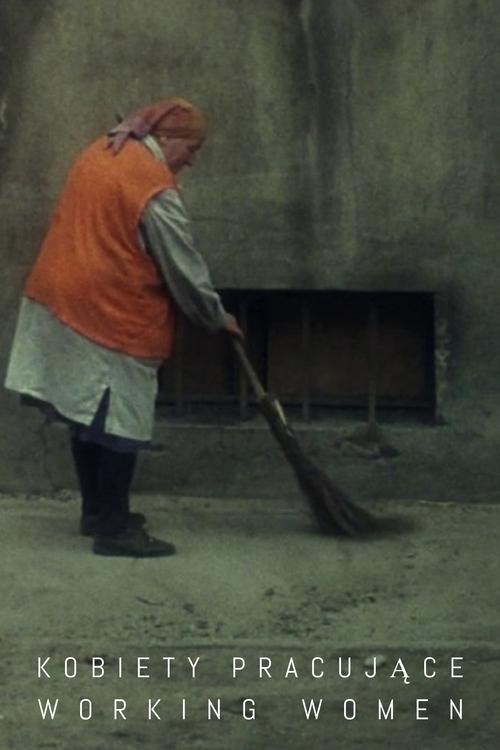
Stylized with dramatic interiors and a distorted frame rate, this early documentary miniature from Szulkin depicts six sequences of solitary, repetitious labor.

The various phases of work in a spinning-mill, and the harsh working conditions of the women spinners, cause them physical pain and breathing diseases, not compensated by low wages.

Profile of four independent women filmmakers: Joanna Davis, Tina Keane, Annabel Nicolson and Lis Rhodes, who are shown at work with Felicity Sparrow of Circles, the Women's distribution group which they helped to found. They relate the struggle for a new cinema to the wider aims of the women's movement.

It is a story of three women in each working life, and each episode has three stories.

The Washington DC conference in 1975 was organized by Jan Peterson, Nancy Seifer and Barbara Mikulski to bring women's concerns and perspectives to discussions on urban policy and civil rights. One hundred and fifty women from the National Congress of Neighborhood Women meet, share their stories and describe the work they have been doing in their neighborhoods.

The detective Nadezhda Postnikova appeared, as in a sight of a sniper rifle, in the crosshairs of all vital problems at once. It all started with the fact that her friend, businessman Miroslavsky left the city on urgent business, not answering the main question of their relationship — whether they be together.

In a women’s prison, everything has its own rules. Mopping the floor can be a privilege, a cigarette can buy you a foot massage, and a single candy might cost someone’s loyalty. The filmmakers spend several days with women recently released from prison to learn what life behind bars is truly like. Through their stories, the film explores how hierarchies are formed, how survival depends on small trades and fragile trust, and what freedom feels like after years behind walls. A raw, honest look at a world where human emotions become the currency of survival.
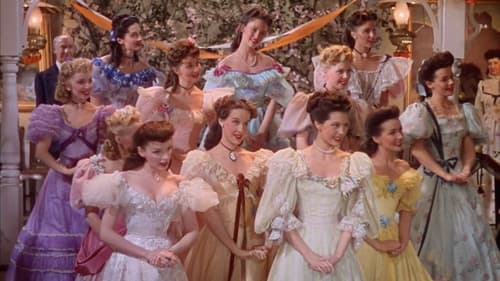
On a train trip out west to become a mail-order bride, Susan Bradley meets a cheery crew of young women traveling out to open a "Harvey House" restaurant at a remote whistle-stop.
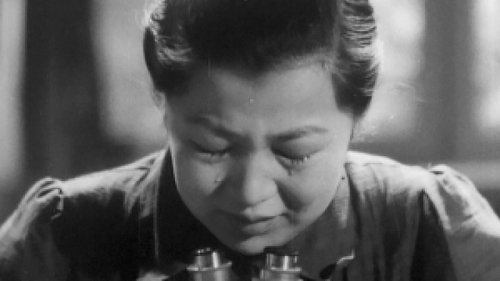
Young women at a precision optics factory in wartime Japan push to exceed production quotas, enduring illness, injury, and personal hardship to “serve the country.” Led by Tsuru Watanabe, they fight fatigue and setbacks to keep their line moving—even when duty collides with grief.
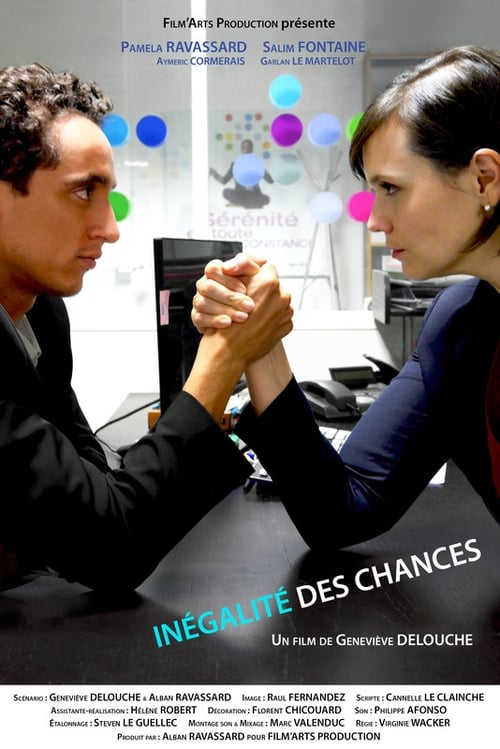
No description available for this movie.
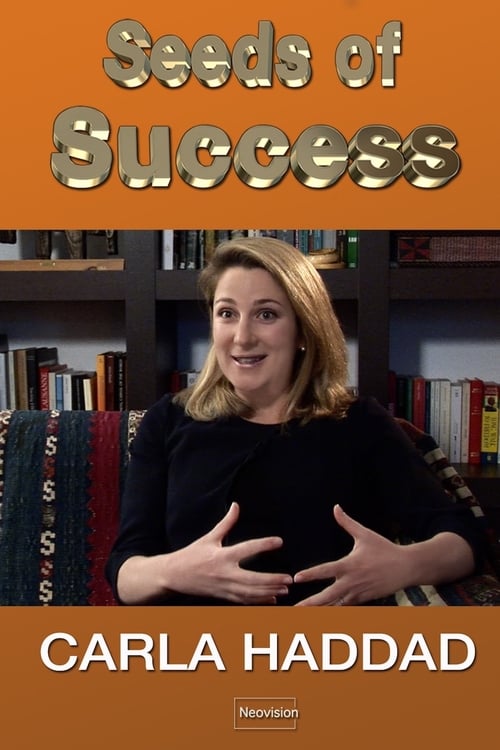
Carla Haddad Mardini was born with bombs blasting at the worst period of the Lebanese Civil War. She embarked on a career in the humanitarian field where she experienced a meteoric rise, quickly holding leadership positions, first at the ICRC and now at UNICEF in New York. One of her greatest successes is to have overcome the challenges of combining harmonious family life with an intense professional career.
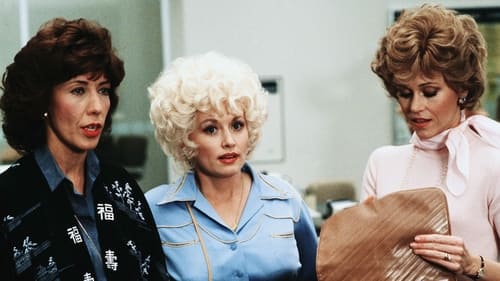
Three female employees of a sexist, egotistical, lying, hypocritical bigot find a way to turn the tables on him.
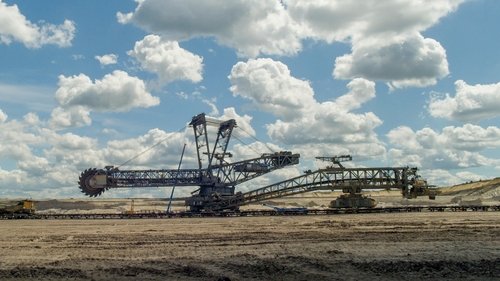
The viewpoints of women from a country that no longer exists preserved on low-band U-matic tape. GDR-FRG. Courageous, self-confident and emancipated: female industry workers talk about gaining autonomy.
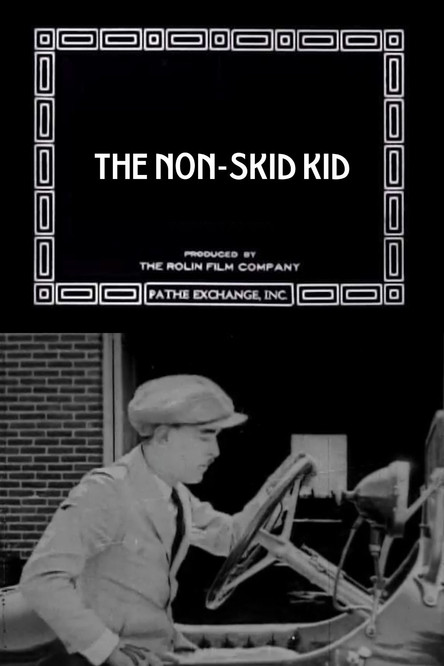
After his car runs out of gasoline, the son of a rich man takes his vehicle to a garage run by women.
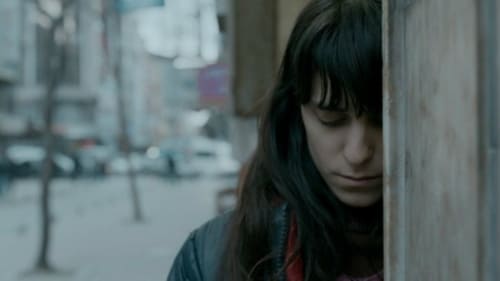
A young girl working in a textile workshop is desperately trying to save money to make her father quit his job and find an apartment together with her. But her father does not seem to be the person she wants him to be.
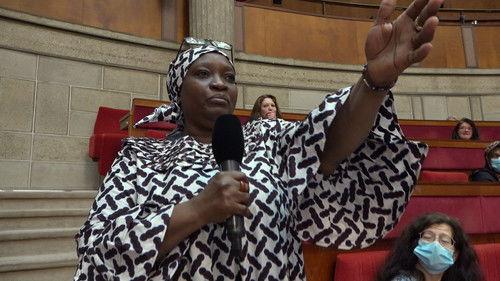
Since the cult success of Merci Patron!, activist/journalist/filmmaker François Ruffin has become an MP. Here, he attempts to table a law aimed at upholding the rights of what in Quebec are known as caregivers, and shows us in passing how a law whose need seems patently obvious is put together, debated, voted on and . . . dies on the battleground of French politics. A stirring documentary about social injustice that somehow manages to make us bust a gut laughing as we rage with indignation. And also cry at the beauty of it all, thanks to the director’s humanist sensibility and a deft play between reality and fiction.

Based on the inspiring true story of Lilly Ledbetter, an ordinary Alabama tire factory supervisor who discovers she's being paid less than her male peers. Her fight for fair pay takes her to the Supreme Court and Congress, while powerful forces try to shut her down. Lilly refuses to accept the status quo and has the courage to fight for what is right.

In this documentary by Coline Serreau, known for her feature film Why Not?, a selection of Frenchwomen in characteristically no-win situations discuss what they are experiencing and answer, if only by implication, the question: "What do women want?"
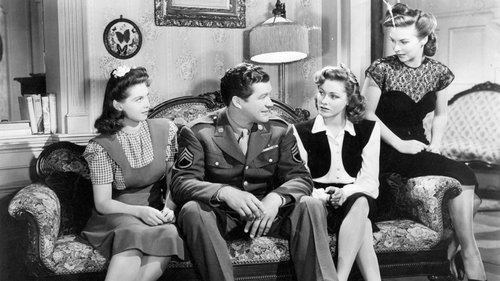
Army sergeants Dave and "Fixit" spend a three-day pass in Pasadena, where they meet Janet and Cora, two young women who work in a parachute factory.

No description available for this movie.
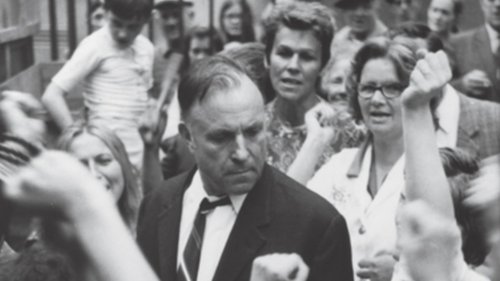
The film describes a strike in a French textile factory, when the striking workers occupy the factory.

In a small and remote Latin American mountain village, all the men are recruited to fight in the country's civil war. Left to fend for themselves, the women of the town, led by Rosalba, slowly emerge from their supporting roles as wives and daughters to become unwitting founders of a remarkable new society: an all female utopia. When the men, led by an American reporter, return to try to reclaim their power, a clash of sexes ensues with unsuspected consequences.

"Work While You Have the Light" is a feature documentary by a multi-generational directing team that examines professional women who are over seventy years old and still working.

In the near future, a young animator is offered what should be her dream job, but, when she discovers the truth of the modern 'creative' process, she must make a hard choice about her passion for film.
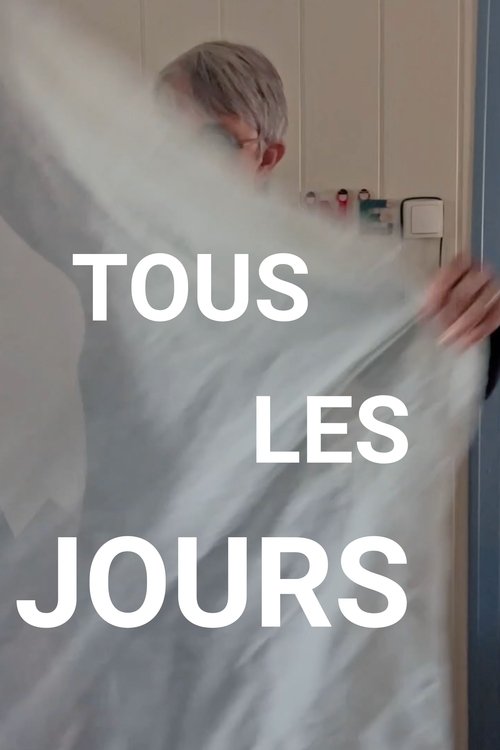
A school teacher never just teaches. A step back in time of the life of a school teacher in a small city in the North of France and her experience of the profession.
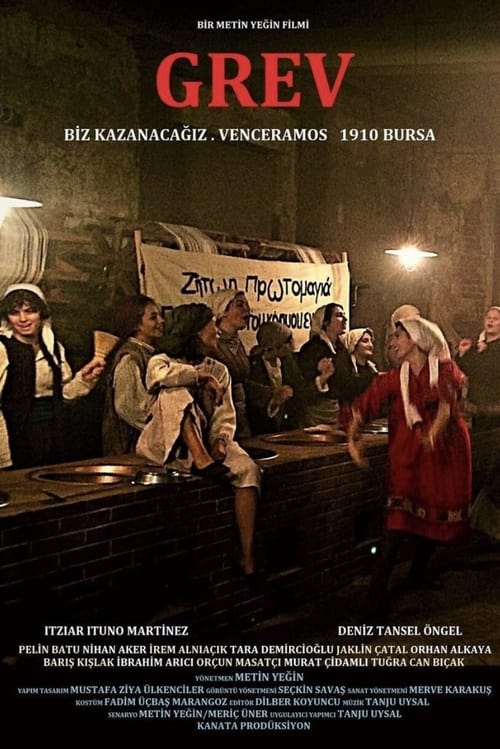
In 1910, women working in the silk industry in Bursa, protest against the working conditions. They go on strike.

The Unknown Woman is a documentary film scripted and directed by Elina Kivihalme. It depicts the reality of Finnish agriculture and forestry during the war years, when the home front relied entirely upon the work and endurance of the women. All farm work, caring for the children, woodcutting and other forestry operations were undertaken by the civilians, as the men in their prime were on the front.